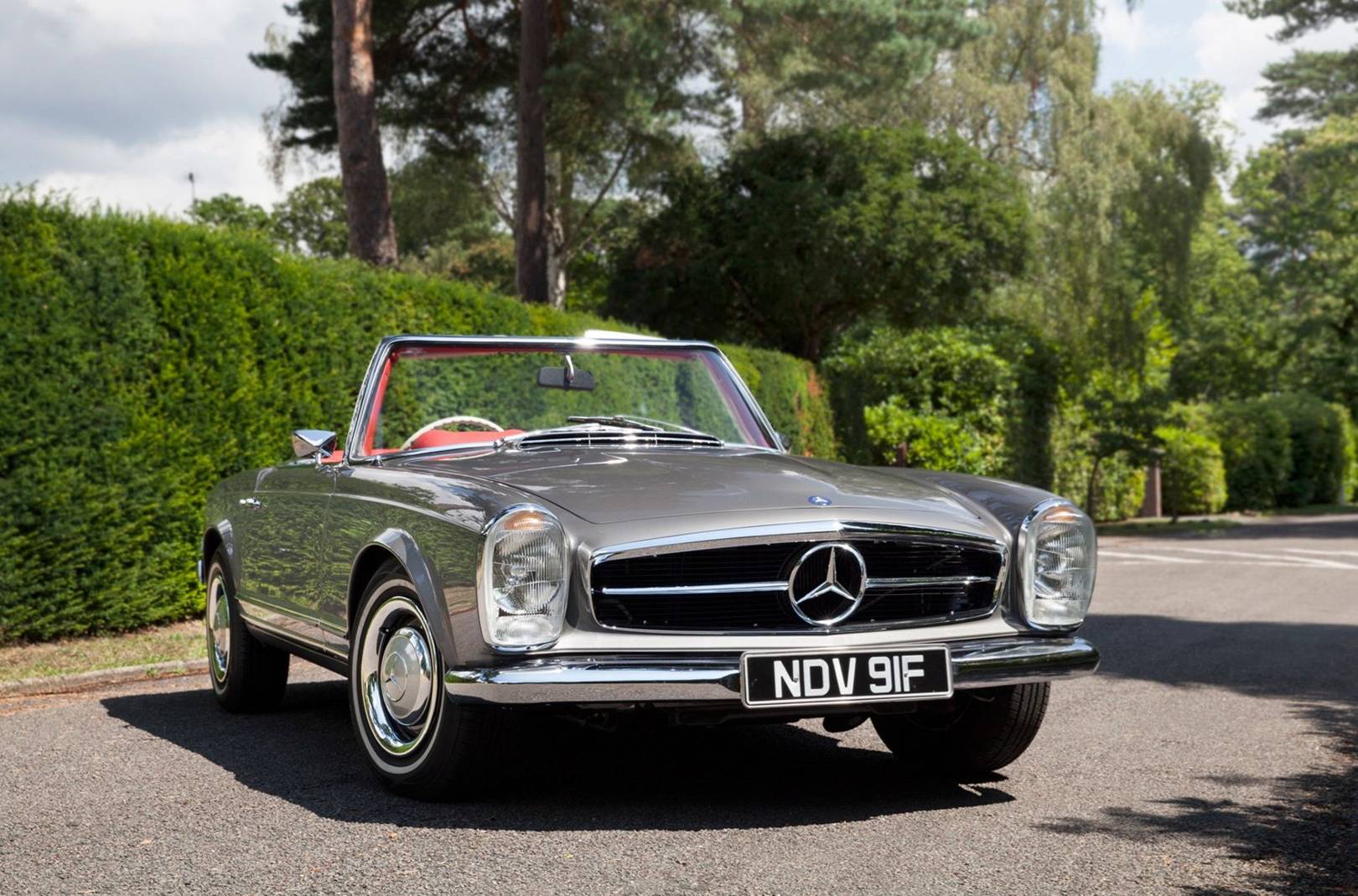An alternative investment is any kind of investment other than traditional investments in the form of stocks, bonds, and cash. Usually institutional investors or HNWI (high-net worth individuals) hold alternative investments. With this in mind, let’s take a look at the different kinds of alternative investments open to interested individuals:
Hedge funds
Hedge funds are investment funds from high-net worth individuals or institutional investors. These funds are often handled by management firms, and are in turn invested in different assets. Hedge funds are constrained by little to no regulations and are known to invest in liquid assets.
Private businesses
Investors can directly invest in startups and private companies. They can simply be an investor (silent partner), or they can take an active role in the direction of the company. It is a high-risk, high-return approach, since a huge percentage of startups fail.
Real estate
Many people have called real estate the one sure business in the world, since space is as precious a commodity as time. Investors usually invest in land and either have it developed, leased, or they wait for the value to go up before selling the property.
Venture capital
Venture capital finances companies that are starting out, but are believed to have a huge potential for growth and expansion, or may have already exhibited such growth or expansion, or both. Venture capital is often the price for a stake at ownership. Nowadays, venture capitalists invest in information technology and social media.
Charles F. Whitman is a Chicago-based investment strategist. His firm, Whitman Asset Management, provides alternative investment programs targeting exceptional risk-adjusted returns. For more about alternative investments, visit this Twitter account.
Hedge funds
Hedge funds are investment funds from high-net worth individuals or institutional investors. These funds are often handled by management firms, and are in turn invested in different assets. Hedge funds are constrained by little to no regulations and are known to invest in liquid assets.
Image source: evolutionindesignz.com
Private businesses
Investors can directly invest in startups and private companies. They can simply be an investor (silent partner), or they can take an active role in the direction of the company. It is a high-risk, high-return approach, since a huge percentage of startups fail.
Real estate
Many people have called real estate the one sure business in the world, since space is as precious a commodity as time. Investors usually invest in land and either have it developed, leased, or they wait for the value to go up before selling the property.
Image source: Brafton.com
Venture capital
Venture capital finances companies that are starting out, but are believed to have a huge potential for growth and expansion, or may have already exhibited such growth or expansion, or both. Venture capital is often the price for a stake at ownership. Nowadays, venture capitalists invest in information technology and social media.
Charles F. Whitman is a Chicago-based investment strategist. His firm, Whitman Asset Management, provides alternative investment programs targeting exceptional risk-adjusted returns. For more about alternative investments, visit this Twitter account.



